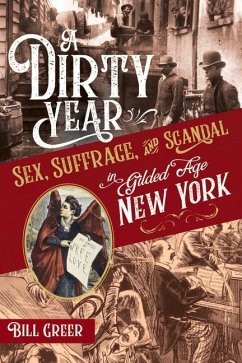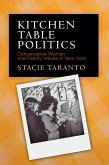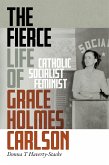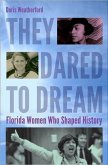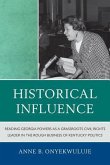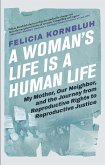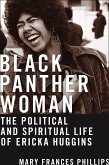"As 1872 opened, The New York Times headlined four stories that symptomized the decay in public morals that the editors so frequently decried: financier Jim Fisk was gunned down in a love triangle; suffragist and free-love advocate Victoria Woodhull was running for president; anti-vice activist Anthony Comstock battled smut dealers poisoning children's minds; and abortionists were thriving. Throughout the year these stories intertiwned in unimaginable ways, pulling in others, both famous and infamous--suffragists Susan B. Anthony and Elizabeth Cady Stanton; Brooklyn's beloved preacher Henry Ward Beecher; the nation's riches tycoon, Cornelius Vanderbilt; and William Howe, preeminent counsel to the criminal element. From rigged elections, everyday shootings, and attacks on the press to sexual impropriety, reproductive rights, and the chasm between rich and poor, the issues of the day still resonate. Political parties split over a bitterly contested election; suffragist battled suffragist over bettering women's place in society; and pious saints fought soulless sinners, until at year-end this jumble of conflicts exploded in the greatest sensation of the nineteenth century."
Hinweis: Dieser Artikel kann nur an eine deutsche Lieferadresse ausgeliefert werden.
Hinweis: Dieser Artikel kann nur an eine deutsche Lieferadresse ausgeliefert werden.

